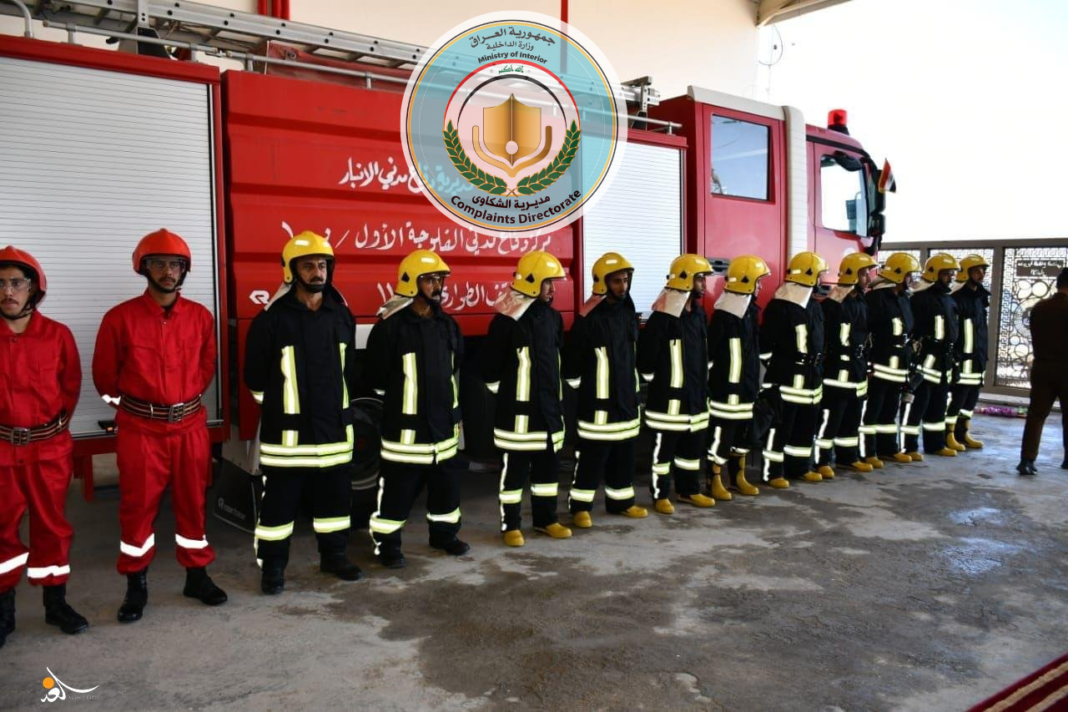The recent rainfall boosts wheat and barley crops across Iraq, providing much-needed irrigation to agricultural lands. The latest wave of rain has significantly benefited central and southern provinces, ensuring optimal growth conditions for key crops.
Deputy Minister of Agriculture Mahdi Sahar emphasized the positive impact of the heavy rainfall. He noted that the downpour was most intense in Iraq’s central and southern regions, while northern provinces received lighter showers.
According to Sahar, the recent rainfall boosts wheat and barley crops by delivering full irrigation at the right time. This rainfall plays a crucial role in enhancing crop yields and ensuring a stable agricultural season. Additionally, the rain has helped replenish underground water reserves, which is essential for long-term sustainability.
In addition to the rain, significant floodwaters arrived from Saudi Arabia and Iran. These additional water sources contribute to Iraq’s overall water supply, further supporting agricultural production.
Farmers in central and southern Iraq welcomed the rainfall, as it reduced their reliance on artificial irrigation. Many expressed optimism that this natural irrigation would lead to higher yields and better-quality crops.
Agriculture experts highlighted that this rainfall would likely reduce the costs associated with watering crops. Since wheat and barley are staple products, increased production could also help stabilize market prices and support food security.
The recent rainfall boosts wheat and barley crops, strengthening Iraq’s agricultural sector. With improved water availability, farmers can expect a productive season. The combination of timely rainfall and natural floodwaters provides a crucial lifeline to Iraq’s farmlands.
As the agricultural season progresses, officials remain hopeful that continued rainfall will further support crop growth. By sustaining a steady water supply, Iraq’s farming sector can maintain productivity and contribute to the nation’s economy.



